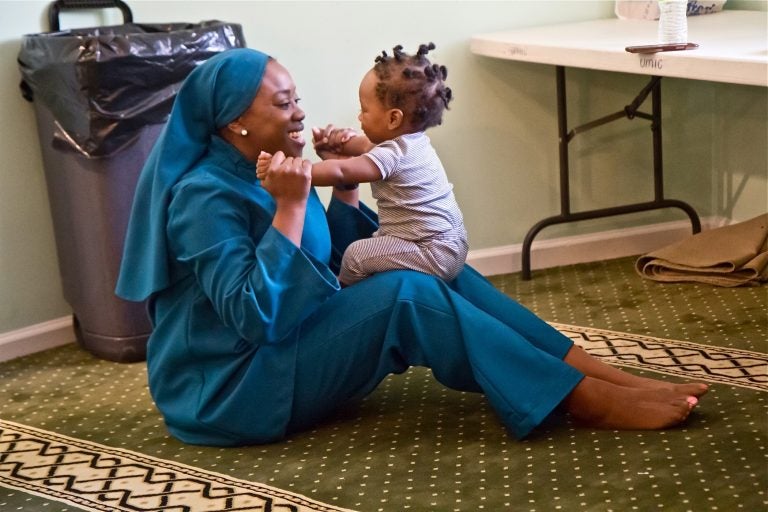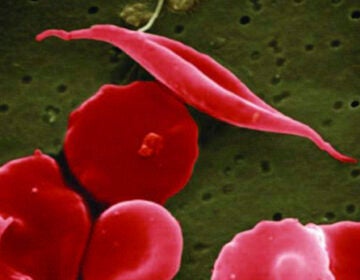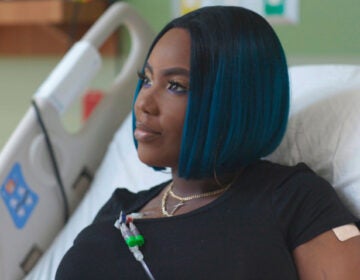Philly doctors worried about a ‘lost generation’ of sickle-cell patients
Patients with sickle-cell disease are living longer and a cure could be around the corner. Why doctors in Philadelphia worry those adult patients might be left behind.
Listen 15:18
Tahirah Austin, who has sickle-cell disease, plays with Kinza, the son of a friend who also has the disease. (Kimberly Paynter/WHYY)
Listen to The Why wherever you get your podcasts:
Apple Podcasts | Google Podcasts | Stitcher | RadioPublic | TuneIn
It used to be that when you were diagnosed with sickle-cell disease, you weren’t expected to live past your twenties. Now, treatments have advanced and a cure for the blood disease could be around the corner. WHYY’s Dana Bate explains why doctors in Philadelphia worry those adult patients might be left behind, creating what she calls a “lost generation.”
WHYY is your source for fact-based, in-depth journalism and information. As a nonprofit organization, we rely on financial support from readers like you. Please give today.





